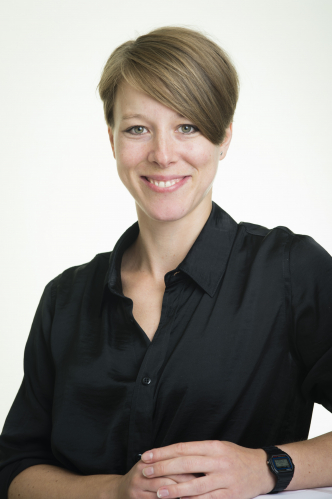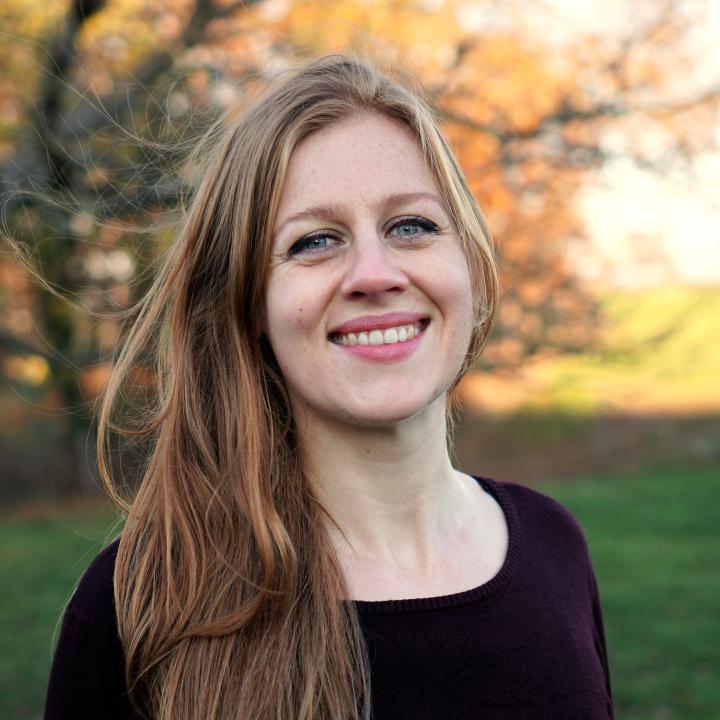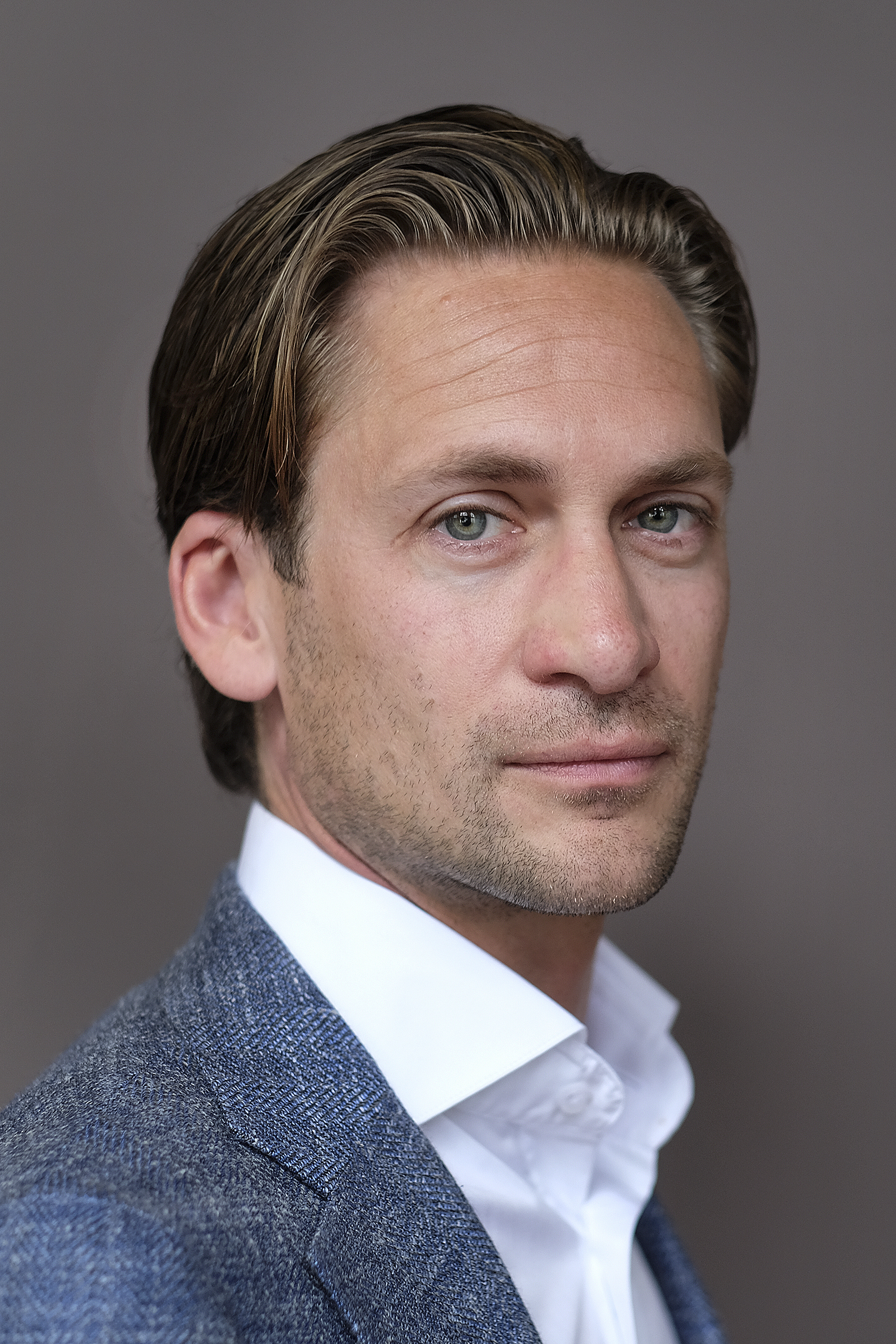Mariëlle Wijermars receives fellowship at CAIS
Mariëlle Wijermars has been awarded a visiting fellowship at the Center for Advanced Internet Studies (CAIS) in Bochum, Germany. She will work on a project about platform power and authoritarian information control in Russia, and host a discussion group on platform power and political systems.
Platforms play an increasingly important role in the dissemination of news. While scholarship on platform power (Van Dijck et al, 2019) focuses on North American and European democracies, it is important to study non-democracies to gain a full understanding of the shifting power relationships between states, tech business, news producers and users, and how this conditions public deliberation. This project examines this power relationship and how it affects the freedom of information in Russia, a country where internet freedom is significantly restricted. In particular, it studies platform power in relation to the effectuation of authoritarian information control, focusing on platforms’ deployment of algorithmic recommender systems, content moderation practices and compliance with governmental take-down requests. Platforms increasingly perform political functions by influencing the public sphere. This raises the question, how Russian platforms (e.g. Yandex; VKontakte) and foreign platforms operating in Russia (e.g. Google, Facebook, YouTube) use their political power.
The project therefore sets out to, first, map the role of platforms in the Russian online information ecosystem, including the prevalence and characteristics of algorithmic recommender systems and content moderation, and, second, examine to what extent platform power contributes towards the effectuation of governmental information control. Following Van Dijck et al (2019), ‘single platform companies [are regarded] as part of an integrated platform ecosystem, acknowledging its inter-relational, dynamic structure’ and are approached not simply as markets but as ‘societal infrastructures, in which platforms introduce new hierarchies and dependencies’. To accommodate and make sense of the great diversity in the Russian online ecosystem – in terms of platforms’ political and economic independence and the degree of their ideological alignment with the Russian government – the theoretical framework is complemented with the concept of ‘authoritarian publics’ (Toepfl, 2020). Thereby, it provides an empirically grounded complement to current academic theorisation of platform power applicable to authoritarian states.
Also read
-
Philosopher Maud Oostindie of Maastricht University is one of the new 'Faces of Science' presented today by the KNAW. Through blogs and vlogs, she is going to show what her life as a young scientist looks like.
-
Living brains in a laboratory and research on internet freedom –two of the ten nominees for the Klokhuis Science Prize this year are UM scientists. And you can also vote!
-
Climate, war and resurgent nationalism: global cooperation is rattling on all sides. Yet Professor Mathieu Segers still advocates European leadership: 'When death and destruction are spreading, and there seems to be no more light, often the most brilliant plans emerge.'



